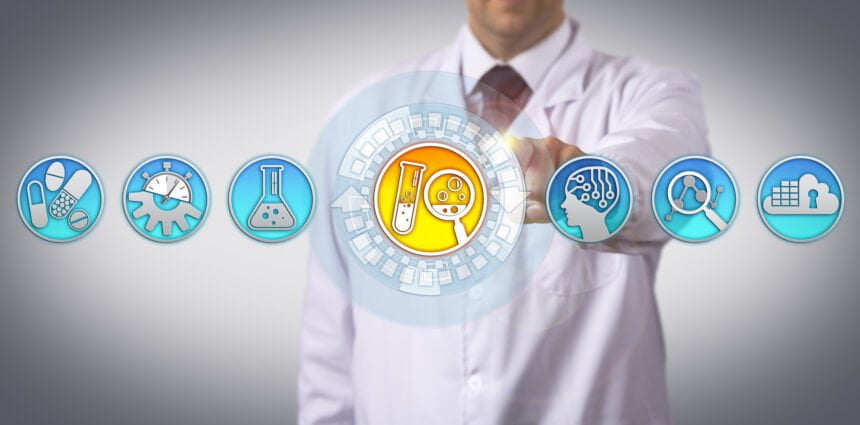The path from a promising compound to a fully approved medication is a complex and meticulously regulated journey, underpinned by rigorous preclinical and clinical analytics. The drug development process is a testament to the scientific and ethical rigor of the pharmaceutical industry, ensuring that new medications are not only effective but also safe for widespread use. Preclinical and clinical analytics are the bedrock of this process, providing the critical data and insights needed to navigate the complex journey from laboratory to pharmacy shelf. Through these meticulous studies, the pharmaceutical industry continues to advance, bringing innovative treatments to patients in need and improving public health outcomes worldwide.
The Role of Preclinical and Clinical Analytics in Drug Development
Preclinical and clinical analytics play a crucial role in the drug development process. By assessing the safety, efficacy, and pharmacokinetic properties of drug candidates, these analytics contribute to the overall success of bringing new drugs to market. With advanced analytical technologies and sophisticated bioanalytical methods, researchers can make informed decisions, optimize drug dosing regimens, and ensure the safe and effective use of medications. The continuous advancement in preclinical and clinical analytics will undoubtedly drive innovation and improve patient outcomes in the field of drug development.
Preclinical analytics serve as the foundation of drug development, involving extensive laboratory research and testing on cellular models and animals. This phase aims to determine the safety profile of a compound, including its toxicity, pharmacokinetics (PK), and pharmacodynamics (PD).
Once a candidate drug has shown promise in preclinical testing, it advances to clinical analytics, involving human participants across multiple phases of clinical trials. These trials are designed to further evaluate the drug’s safety and efficacy, confirm its therapeutic value, and refine its usage guidelines.
Read also: Preclinical & clinical bioanalytical testing services
The Role of Advanced Analytical Technologies
The field of preclinical and clinical analytics has benefited significantly from advancements in analytical technologies. These technologies enable researchers to perform high-throughput analysis, improve data quality, and enhance the speed and efficiency of bioanalytical workflows.
One such technology is the GyrolabTM Platform, which offers automated nanoliter-scale immunoassays for pharmacokinetic analysis. Compared to traditional assays, the GyrolabTM Platform provides higher-quality data, reduces analysis time, and enables researchers to process a large number of samples with minimal sample volume.
Flow cytometry and immunoassay platforms are also extensively used in preclinical and clinical analytics for pharmacodynamic and immunogenicity assessment. These technologies offer standardized and automated workflows, allowing for faster analysis, better control, and increased reproducibility of test results.

